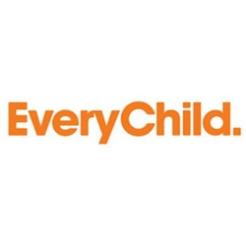John Bines, chief executive of international aid charity EveryChild, has said that organisations like his should be judged by their effectiveness rather than their annual income.
Speaking yesterday at Crowe Clark Whitehill’s eighth INGO Conference, Bines was discussing EveryChild’s change and development programme, which has seen the establishment of international member organisation Family for Every Child, of which EveryChild was the initial funder.
The change programme sees EveryChild planning its obsolescence, with it on track to be subsumed into Family for Every Child by 2017. This follows four phases of change which began in 2011. Bines told delegates that the charity’s objectives include the “successful transition of EveryChild supporter and funder relations” to Family for Every Child, and the “responsible exit” from EveryChild programmes.
Bines said that the charity will see a decline in income from the levels at EveryChild to the income of Family for Every Child, with the former having an income of £9m in 2011 while the latter is expected to have an income of £4m by 2017. He said too often growth is judged by income, but that that is not a negative thing, and that money should not be how INGOs are measured.
Bines said: “It is a really important point. How we got to the point where money is the currency of INGOs I don’t know. I think knowledge, information, people, and change should be the currency.”
Speaking to Civil Society News later, Bines said that a lot of INGOs would say money is the most important commodity, and “they would say that money is the key to delivering social change”.
But, he said: “We would fundamentally question that. We say isn’t it knowledge? To achieve social change you need knowledge and expertise to affect that change. Yes you need money somewhere down the line to affect that change, and yes you probably need money to enable that change.
“But that is not your fundamental most important commodity or currency. What is the most important asset for an INGO? We would say it is knowledge, but I think most others would immediately think it is money.”
He said this comes partly from an acknowledgment that “people like me don’t have that knowledge, as I’ve never had my rights denied or been without care”, but people out there do have that knowledge and expertise. He went on to say that “getting people share exchanging that knowledge and expertise is the key to social change”.
He said that an important moment in the charity’s change programme was acknowledging that the most important thing is knowledge, as opposed to money. “You clearly need money but it is an enabler, not the essence,” he said.









